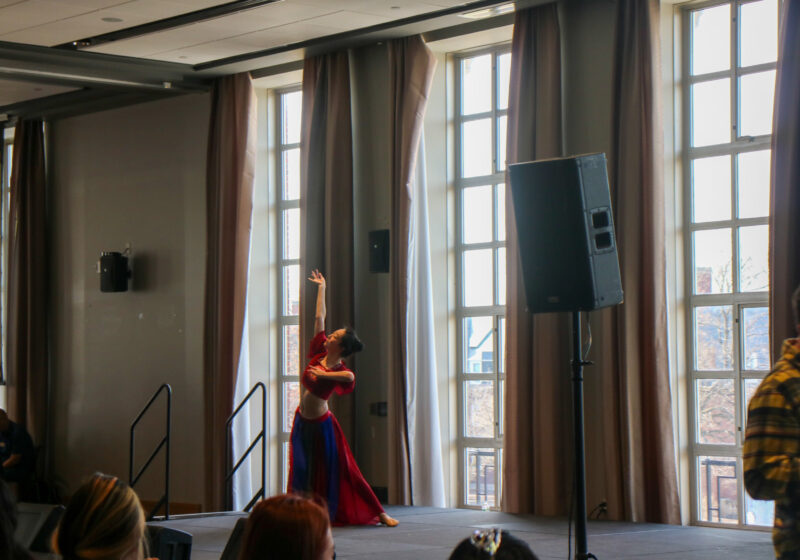University President Joel Seligman’s decision to arm 42 Department of Public Safety (DPS) officers is a disappointing one.
The four town halls held on the subject, or those held about last year’s Yik Yak racism, shouldn’t be dismissed as PR theatre, as some have suggested.
But in both cases, the perspective of minority students and faculty—who arguably had a larger stake than most in the results of the decisions—was not first and foremost in Seligman’s reckoning.
Seligman’s calculus was wrong—the perspectives of minority students, staff, and faculty, were not weighted enough. He took their concerns seriously, but not seriously enough.
It is more likely that minority students will be made to feel unsafe by the presence of armed officers than it is that those officers will prevent an incident in the Medical Center.
It is already the case, in fact, that students of color feel unsafe because of this decision. They said as much at the town hall meetings, even about the mere possibility of arms on campus.
A campus that does not elevate the voices of its students of color and underrepresented minority faculty is not the kind of 21st-century campus we want to build.
Seligman’s calculus could have been improved by including these voices in the committees and commissions he has formed.
Students of color ought to have had a seat on the review councils Seligman assembled to aid in his decision, which were dominated by administrators and trustees.
Their fears, expressed time and time again over the past eight months, should not have been wiped away with a simplistic “more people wrote emails favoring armament,” which dabbles in false equivalence. Generally, white people on campus will be fine with or without armed officers; that can’t be said for people of color, whose mental and emotional health must also be considered.
That’s what happened, though, and what happened in the case of the banning Yik Yak, a substantially easier decision to make—banning it from University internet would not have prevented people who really wanted to use the app from using it through other means.
Sure, you could have called it a symbolic decision, as Seligman did, but it was one that would have made minority students feel they were being heard by their institution.
Going forward, Seligman should listen to these voices before the town hall stage of his decisions.
Here’s a good start: A member of the Minority Student Advisory Board ought to have a permanent seat on the DPS review board Seligman has formed in conjunction with his decision.
The town hall meetings offered spectators the chance to absorb firsthand testimonials from students and faculty of color, to whom the arming of DPS officers may represent a very real threat; from DPS officers and Medical Center personnel, to whom the decision represents safety and insurance; and from others concerned about personal safety on our campuses. The same goes for the Yik Yak forums.
The voices of our underrepresented students had space and attention in these town halls. Let’s see the same in the policies and committees they inform.




